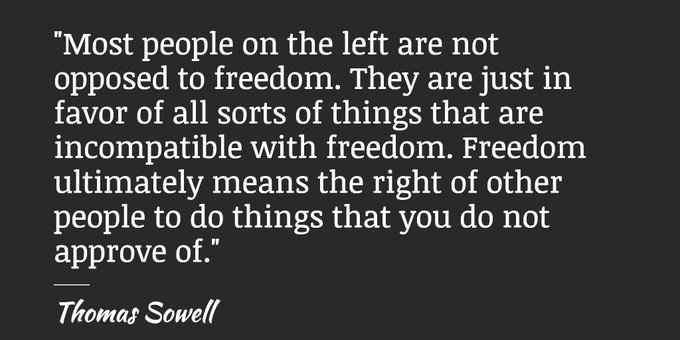DeKalb County will be holding elections tomorrow, Tuesday Nov. 5.

Robert Miller – Dunwoody City Council District 1, Post 4 (at-large)
This is an at-large seat that will be on everyone’s ballot. Robert is an entrepreneur, Dunwoody business owner, and long-time resident. All of his children are graduates or current students in our community schools.
Robert has the been THE leader in driving the conversation about school facilities in this campaign. Without his advocacy, we would not have seen the city take a more engaged posture with the school district. Electing Robert will ensure that the City begins to use all of its tools to drive corrections and improvements in DeKalb Schools’ facilities.
Vote NO on the Revised Ethics Bill
All of us in DeKalb will have the opportunity to vote on legislation to revise the County Board of Ethics which was approved by 92 percent of the voters at the poll in 2015. Unfortunately, the revision being considered on the Nov. 5 ballot will significantly reduce the efficacy of what was approved two years ago.

Back in 2015, voters overwhelmingly approved changes to make the board more independent by allowing outside groups to appoint a majority of Ethics Board members. But the Georgia Supreme Court ruled last August that a majority of the members must be appointed by public officials, and the ethics board has essentially sat dormant since.
So in order to revive the board, DeKalb legislators passed another bill fixing the issues that were pointed out by the Supreme Court. But this bill seeks additional changes to what was passed in 2015. Read More At The AJC Here >>
WHY VOTE ‘NO’
Removes Independence: The bill undermines the independence of the ethics board by giving the DeKalb County CEO and the County Commissioners the power to interfere in ethics board governance. Politicians are granted power over policies, procedures and appointments.
Creates Roadblocks to ethics reporting: Employees will not be allowed to contact the Ethics Board to forward complaints. They will instead have to report infractions to human resources. HR would be charged to investigate and forward complaints to the Ethics Board.
Reduces professionalism: The bill downgrades the ethics officer position to that of an “administrator.” The administrator would not be required to have legal or ethics training, nor would the administrator be required to have applicable work experience.
Goes too far: The bill calls for changes that go far beyond the immediate need to change the board appointment process.
Wrong-doers get away: If a public official or an employee leaves their service with the county, the Board of Ethics has to drop any current investigations concerning that individual. Also, the Board of Ethics may not open any new investigations after an individual leaves.









 “Extremism in defense of liberty is no vice. Moderation in pursuit of justice is no virtue.”
“Extremism in defense of liberty is no vice. Moderation in pursuit of justice is no virtue.”